Keeping Kids Safe
-
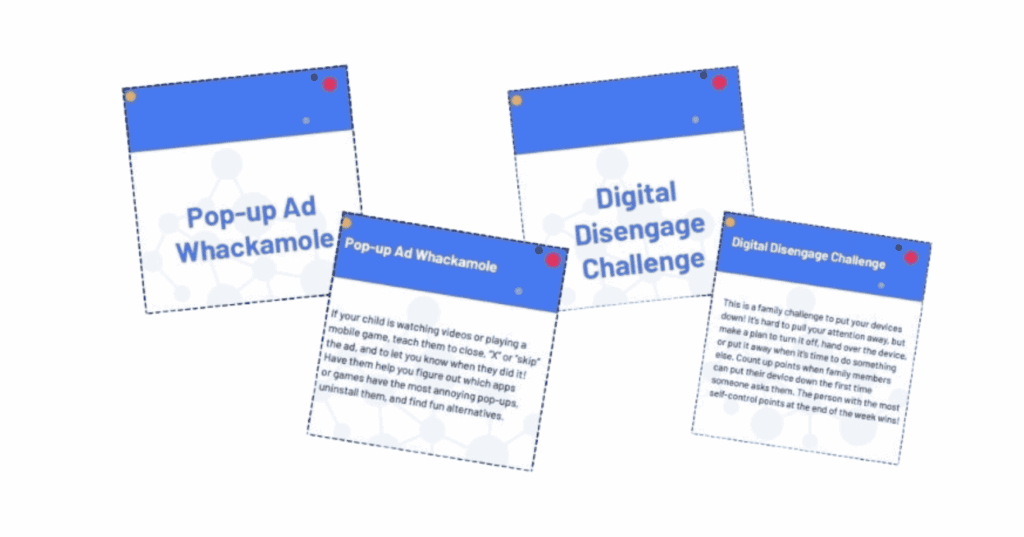
Building Healthy Relationships with Media: Skill-Building Activities for Children
These activity cards include fun skill-building activities and games that parents can use to engage younger children in discussions about media use. Activities include Scam Finder, Pop-up-Ad Whack-a-Mole, and Digital Disengage Challenge. In Spanish and English. Source: Center of Excellence on Social Media and Youth Mental Health Tarjetas de actividades en español
-
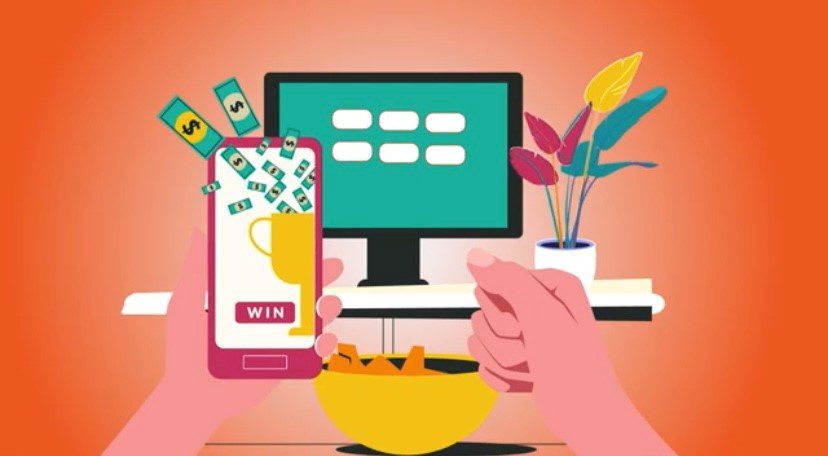
What is Problem Gambling?
This two-minute video provides a helpful overview of problem gambling for youth or adults. Source: Oregon Health Authority
-
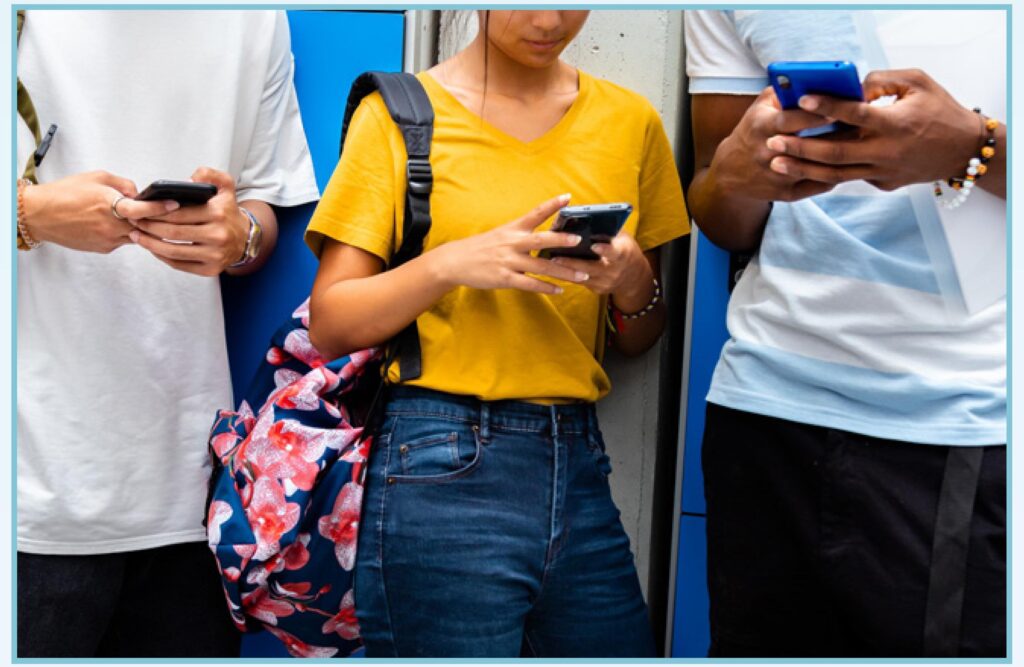
Social Media, Online Safety, and Youth Mental Health
Best practices and resources for parents and caregivers. Source: Substance Abuse and Mental Health Services Administration
-
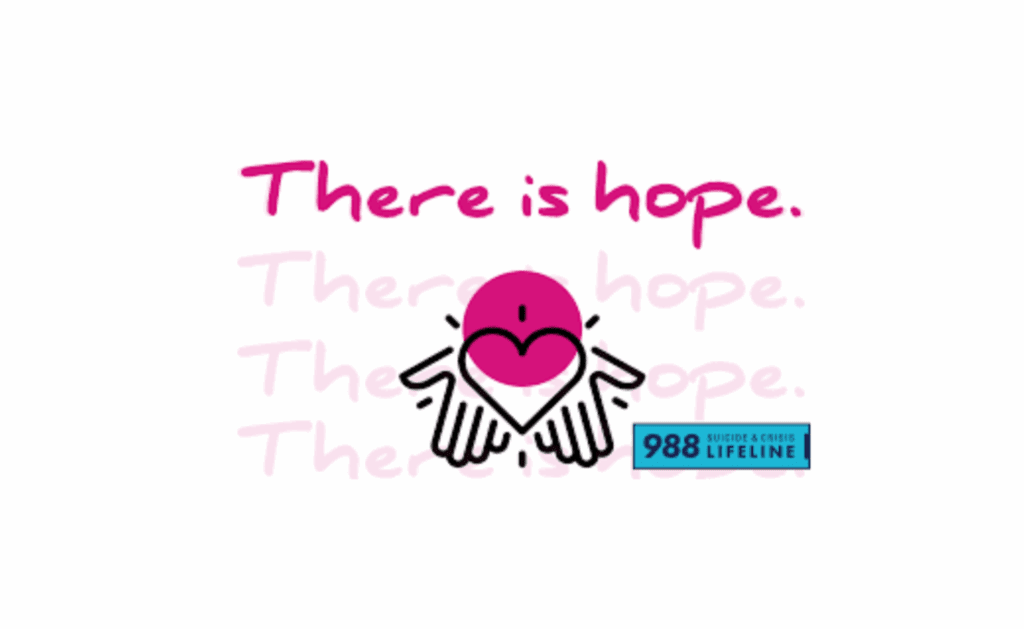
Suicide Warning Signs for Youth and Adults
It’s time to take action if you notice these signs in family or friends. Source: 988 Suicide & Crisis Lifeline Additional suicide and crisis resources available at 988Lifeline.org.
-

Preventing an Opioid Overdose
Know the signs. Save a life. Source: Centers for Disease Control and Prevention
-
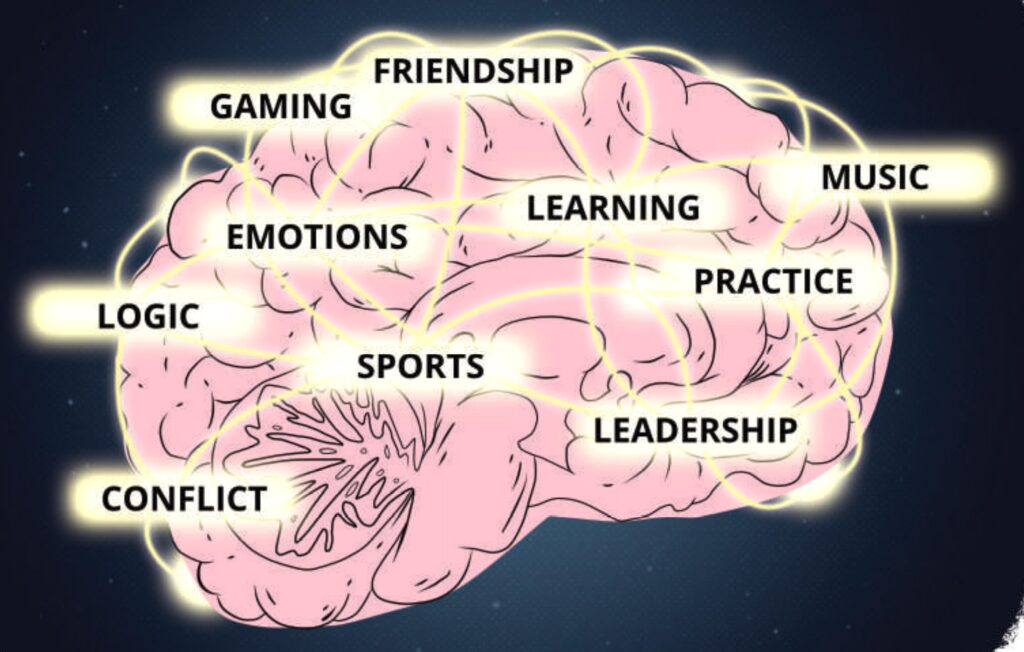
Gaming’s Effects on Young Brains
As much as games are fun and exciting, they also have risks and some people are more vulnerable. Source: Greo Evidence Insights
-
 Connecting with Teens Fentanyl Keeping Kids Safe Marijuana Prescription Drugs Underage Drinking Vaping & Tobacco
Connecting with Teens Fentanyl Keeping Kids Safe Marijuana Prescription Drugs Underage Drinking Vaping & Tobacco7 Substance Use Trends Parents Need to Know in 2025
This video and article break down the key trends for 2025—no scare tactics, just real information to help you guide and support your teen. Source: Partnership to End Addiction Teen substance use trends are always changing, and staying informed can help parents have better conversations with their kids. The good news? Teen substance use is
-

Linn County Teen-Approved Conversation Starters
Need ideas for getting teens talking about the risks of alcohol and other drug use? Try these suggestions from Linn County high school students. In Spanish and English. Versión en Español
-

Evive App Helps to Redefine Your Relationship with Gambling
Evive helps to redefine your relationship with gambling and get immediate, tailored help for change. The app is free for Oregonians. Keep It Safer: Want to keep your gambling safe? Discover ways to minimize your risk. Cut Back: Want to gamble less? Discover ways to cut back on the time and money spent betting. Stop